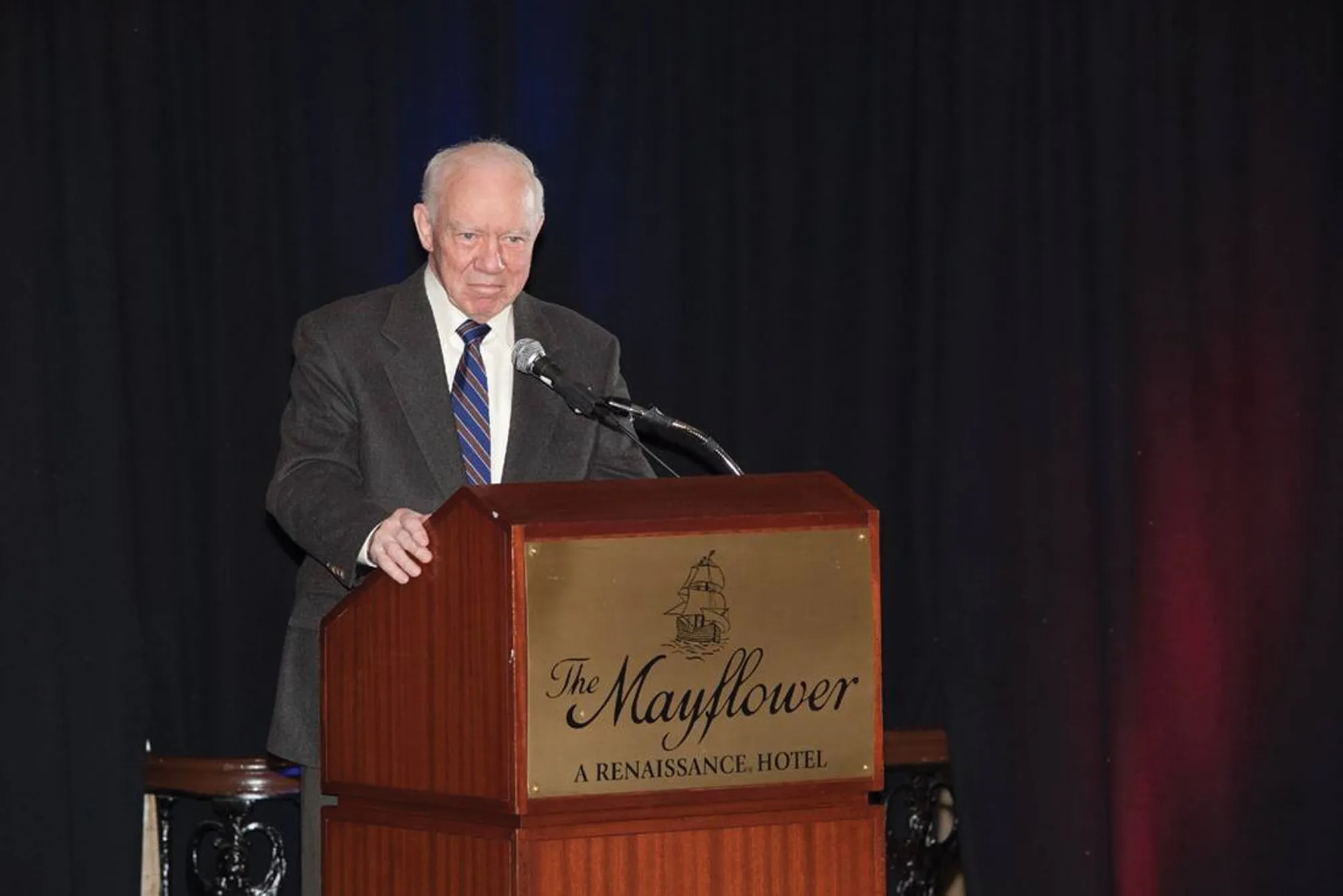The Senate Environment & Public Works Committee in the US has approved a six-year reauthorisation of the federal highway programme. The move will be of major importance for the transportation construction industry, which has suffered from low levels of business in recent years. This six year package will provide a major stimulus to business for contractors and equipment firms alike, providing new jobs, as well as helping boost improvements to the US transportation network. The president of the American Roa
May 15, 2014
Read time: 2 mins
The Senate Environment & Public Works Committee in the US has approved a six-year reauthorisation of the federal highway programme. The move will be of major importance for the transportation construction industry, which has suffered from low levels of business in recent years. This six year package will provide a major stimulus to business for contractors and equipment firms alike, providing new jobs, as well as helping boost improvements to the US transportation network. The president of the American Road Transportation & Builders Association (ARTBA), Pete Ruane, said the body is particularly pleased by the measure’s provisions to establish a dedicated freight program and to improve the transparency of how federal highway and bridge funds are utilised. These provisions will help focus federal resources on national economic needs and demonstrate to the American public the value they are receiving from investments in this area.
However, Ruane cautioned, “It is now time for members of the House and Senate leadership, and the respective tax committees, to get serious about addressing the Highway Trust Fund’s recurring revenue shortfall. As this process moves forward, Congress needs to be clear there is nothing fiscally responsible about investment levels that fail to improve the conditions of the nation’s roads and bridges, or allow traffic congestion to get worse. Furthermore, it is totally irresponsible to repeatedly march the Highway Trust Fund to the brink of insolvency.
“We stand ready to work with members of both parties to establish a permanent revenue mechanism to support future highway, bridge and public transportation programmes.”
However, Ruane cautioned, “It is now time for members of the House and Senate leadership, and the respective tax committees, to get serious about addressing the Highway Trust Fund’s recurring revenue shortfall. As this process moves forward, Congress needs to be clear there is nothing fiscally responsible about investment levels that fail to improve the conditions of the nation’s roads and bridges, or allow traffic congestion to get worse. Furthermore, it is totally irresponsible to repeatedly march the Highway Trust Fund to the brink of insolvency.
“We stand ready to work with members of both parties to establish a permanent revenue mechanism to support future highway, bridge and public transportation programmes.”






